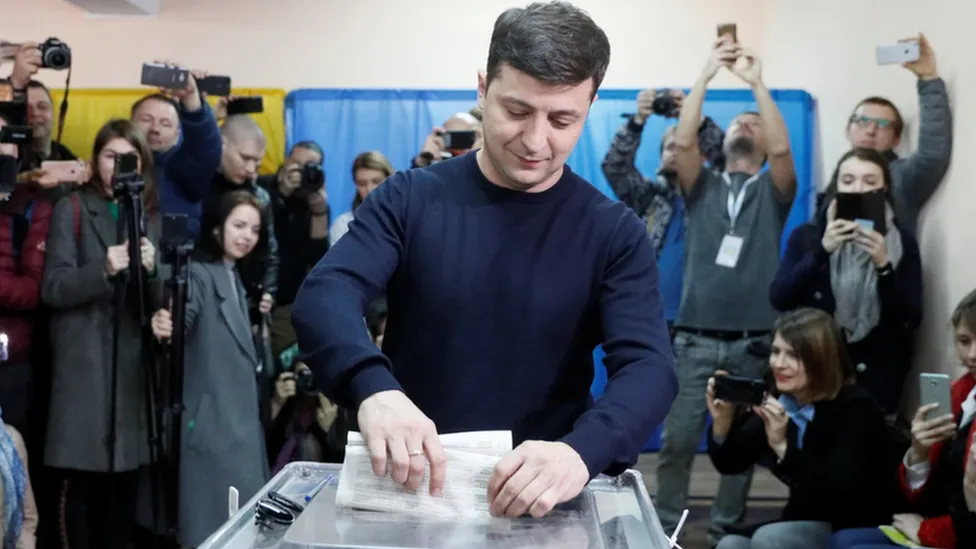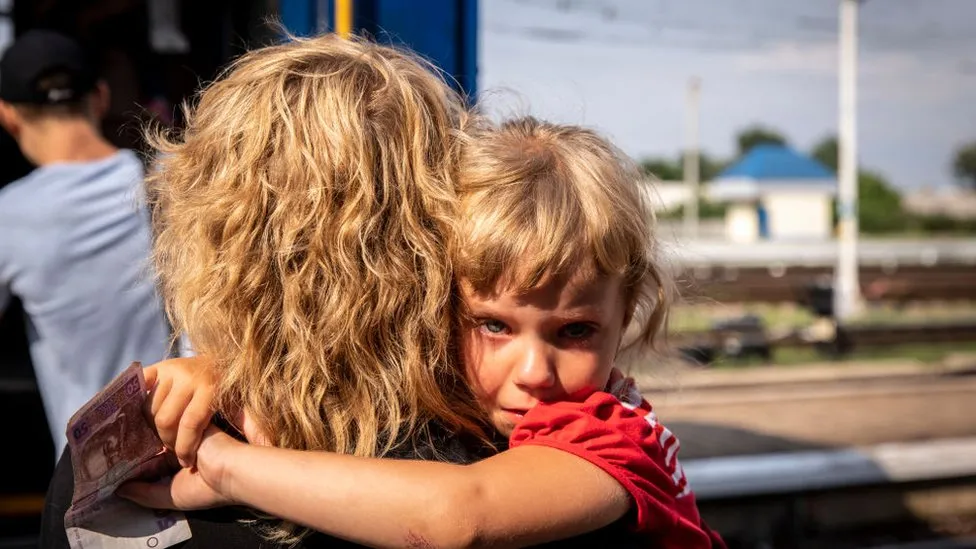The question of holding a presidential election in Ukraine amid the ongoing war has ignited a fierce debate, with the country grappling with the implications of such a decision. The current martial law, imposed after Russia's invasion in February 2022, prohibits all elections, leading to concerns about distraction from the fight for survival if an election were to proceed. President Volodymyr Zelensky initially indicated it was "not the right time" for elections in November, but the issue remains unresolved, fueling a political confrontation.

The debate surrounding Ukrainian elections is influenced, in part, by US politics, particularly within the Republican party. Some hard-right Republicans, aligning with Donald Trump's isolationist views, are using the election issue to support their demand to block military aid to Ukraine. This stance adds complexity to the situation, with potential consequences for Ukraine's main ally and its vital military aid.
President Zelensky recognizes the need to address growing rhetoric from the US, acknowledging that voices within the Republican party may affect support for Ukraine. While initially not rejecting the idea of elections outright, Zelensky emphasized the challenges, including security, legislation, and funding. The president's recent statements suggest a more cautious approach, expressing a preference for elections within a year or as required.

Despite the debates, holding elections under the current circumstances presents significant challenges, including security issues, a displaced population, damaged polling stations, an outdated voter registry, and limited rights under martial law. Public opinion in Ukraine strongly leans against holding elections next year, with over 80% of respondents preferring to wait until after the war ends. The issue has sparked domestic backlash, with speculation about Zelensky's motives and concerns about declining popularity.
As Ukraine faces obstacles in conducting elections, there's recognition of the need to prepare for post-war elections. Destroyed infrastructure, displaced voters, and the reluctance of MPs to discuss alternative voting methods add complexity to the situation. The longer the war persists, the more challenging it becomes to maintain consensus, raising concerns about the unity of the nation in the face of ongoing conflict.
Follow Daryo's official Instagram and Twitter pages to keep current on world news.
Comments (0)